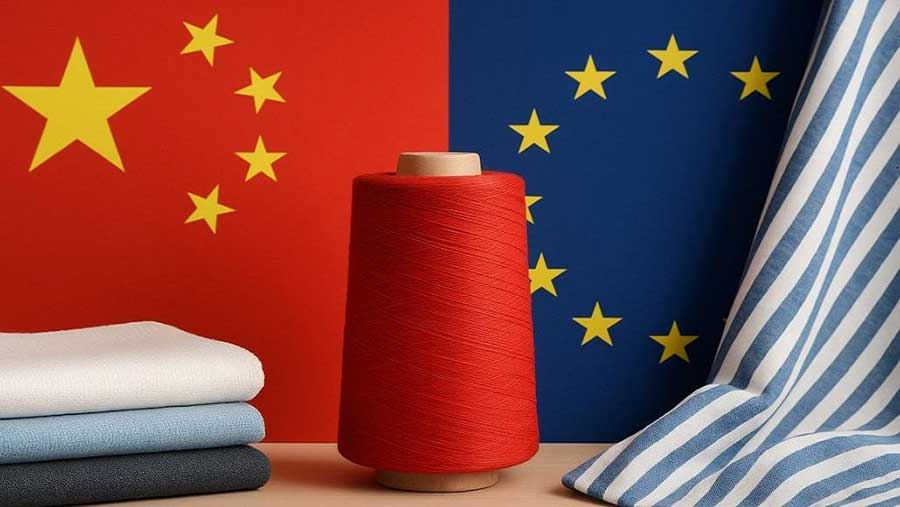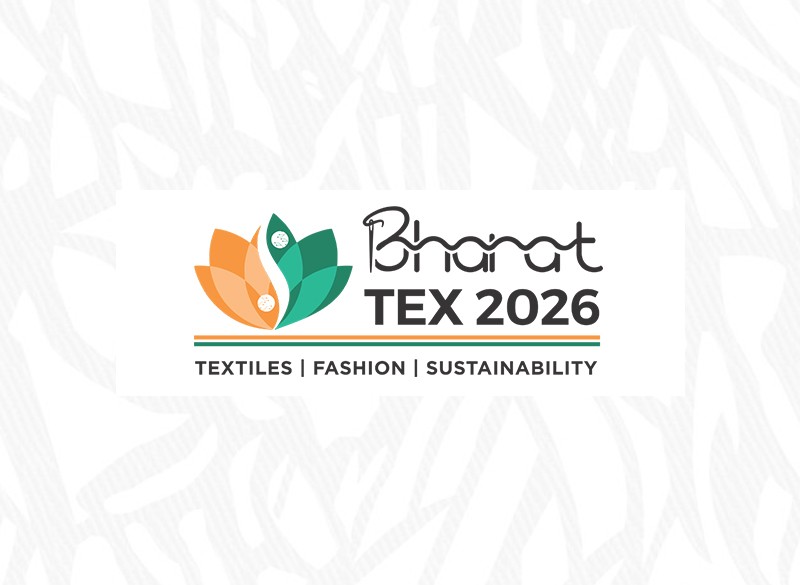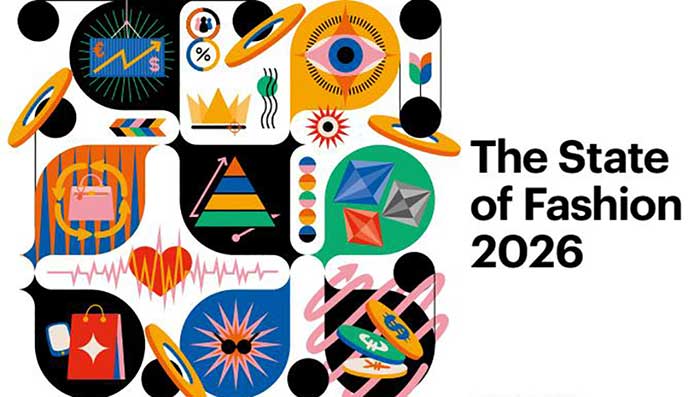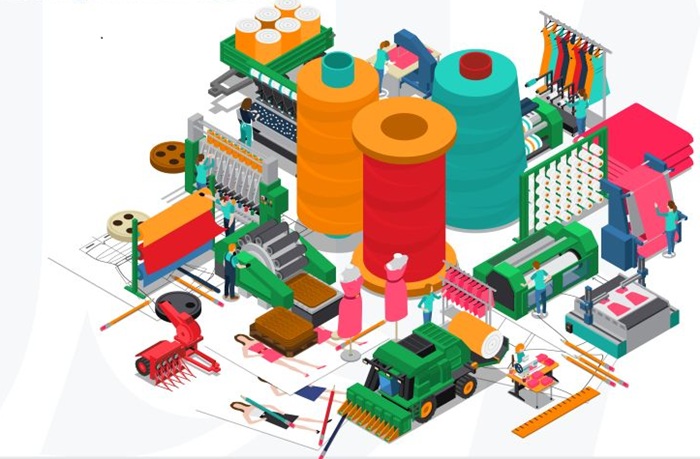FW
UAE and Ethiopia will formalise an agreement to protect the rights of domestic workers by this year end. The agreement is one of several that Ethiopia has made with other Middle Eastern countries after a series of high-profile cases in the region of abuse of domestic workers. It will be made legally applicable in the UAE and Ethiopia. Currently, domestic workers sign set contracts issued by the government in Ethiopia but the laws have no force once they travel overseas. The framework will ensure that workers rights are protected in both countries and that women are aware of these rights.
The Ethiopian government had banned its citizens from being employed as domestic workers in the UAE in July 2012 to protect them from abusive employers. But the migration continued and the ban was lifted with negotiations for a formal agreement commencing. Under the new arrangement, domestic staff will be required to undergo training in Ethiopia before travelling to the UAE.
The United States and European Union could still negotiate a trade deal even if Washington imposes import tariffs on EU steel and aluminum.
EU leaders had agreed earlier in May to open discussions about market access for US products, but only if Washington grants the EU a permanent exemption from tariffs. The EU now has a temporary exemption, which expires on June 1, 2018.
US Commerce Secretary Wilbur Ross said that the EU had shown limited interest in serious trade negotiations with the United States until a threat of tariffs. The 28-member bloc shelved talks towards an ambitious EU-US trade deal known as TTIP after Donald Trump's presidential election victory in 2016.
Dutch Trade Minister Sigrid Kaag, on the same panel, said EU countries agreed that US trade measures designed to protect national security simply should not apply to them and they did not feel they should negotiate, even if China did.
According to a survey of the International Finance Corporation, productivity of garment factories that trained its workers has increased by 5 per cent.
The report, “Cutting through the Cloth Ceiling” prepared by the IFC in collaboration with the Japanese government was released at a discussion in Dhaka.
The IFC trained 144 female sewing operators and their mid-level managers in 28 factories in collaboration with Better Work Bangladesh and the Innovations for Poverty Action in 2016-17 training.
The IFC provided the Work-Progression and Productivity Toolkit (WPT) to female sewing operators with five days of classroom training in the technical skills required to supervise a production line.
They were also given four days' of soft skills training on leadership, communications, and how to be an effective supervisor.
Out of the 144 trainees who completed the programme, 92 were offered a promotion with an increase in salary within weeks of completing the training. The trained female operators of the factories were also promoted to the posts of supervisors for their efficiency gained from the trainings.
Raymond has opened a linen manufacturing facility in Amravati. The facility is expected to produce 1200 tons of world-class linen yarns and 4.8 million meters of linen and blended fabrics per annum. It is expected to generate direct and indirect employment for 800 people.
Raymond has seven plants already operational in Maharashtra. The company also has set up a manufacturing facility in Ethiopia. Set up with an investment of over $US 14.83 million, this foray is in line with the group’s ambition to expand its presence across international markets. The new plant will generate employment for over 2500 people.
In order to be globally price competitive for the export market, setting up a garmenting plant in Ethiopia is a strategic move to ensure duty-free access to key export markets such as the US and Europe.
Raymond is one of the most widely available exclusive retail formats in the fashion apparel category in India. The company is a manufacturer of the finest worsted suiting and cotton shirting fabrics and a significant player in branded apparel.
Raymond has introduced a khadi brand. The line includes trousers, short kurtas, long kurtas, bandhgalas, and shirts, among other garments. It will be available at Raymond exclusive business outlets, multi-brand outlets and exclusive Raymond Khadi outlets.
ZARIF Sewing Machine Company in Uzbekistan has launched the new ZARIF double thread chain stitch technology which is the most simple and reliable technology rather than the modern lockstitch type 301 and double thread chain stitch type 401 technologies invented in the 19th century.
The technology uses a rotating looper for the first time to tightly connect materials with the new double thread chain stitch type 401 where the loop of the top thread and the loop of the bottom thread are rotated 180 degrees.
In addition, needle in the technology does not pre-tighten the top thread loop in the previous stitch, which allows it to use the needle from the lockstitch sewing machines for the first time, i.e. the needle with one long groove that is more resistant to the longitudinal bend than the needle with two long grooves.
Also, the needle does not collide with the rotating looper when moving down. In addition, the technology provides high reliability of stitch formation without using needle guards, even when the gap between the nose of the rotating looper and the needle is 0.5 mm.
The new ZARIF double thread chain stitch technology uses two rotating two dick-shaped cam thread take-ups to tighten the stitch threads, which very smoothly tighten the stitch threads. In addition, the technology allows consumers to sew with a small stroke of 32 mm needle bar adjusting the normal tension of the threads of different materials up to 8 mm thick.
Hansae, a South Korean apparel manufacturer, recently stated that it will build another factory in Myanmar as it moves to protect worldwide keenness in the face of a strong local money and a rise in raw material prices.
Hansae, which makes clothes for international brands such as Nike and Gap, stated that at present it is looking for a factory site in the Southeast Asian country, where it already functions one production plant.
Hansae is a Seoul-based company mainly engaged in manufacturing of garments like shirts, knits, women's suits and casual apparel. It has production units in Guatemala, Indonesia and Vietnam, from where it exports to overseas buyers, such as Abercrombie & Fitch, American Eagle, Gap, Hollister, Sears, Kohl's, Nike, Old Navy, and others. It was founded in 1982, it has 17 corporations in six countries Vietnam, Nicaragua, Guatemala, Indonesia, Myanmar and Haiti.
The latest investment decision comes amid the strengthening of the local currency, which could undermine price competitiveness of South Korean goods in the global market. The Korean won averaged 1,067.76 won against the U.S. dollar in April, up from an average 1,071.89 won in March.
Imports of the products in April reached US$497.05 million, bringing the total import value in four months to US$1.74 billion, down 0.02 per cent against the corresponding period last year.
At present, the five major suppliers with a value of more than US$100 million each are China, the Republic of Korea, Taiwan, the US and Southeast Asian countries. China took the lead at more than US $ 645.95 million (down 4.3 per cent), accounting for 37.2 per cent of Vietnam’s total imports, trailed by the RoK (down 5.1 per cent to nearly US$226.16 million), Taiwan (down 11.2 per cent to US$148.11 million), the US (up 14 per cent to US$118.83 million) and Southeast Asian countries (up 14.2 per cent to US$113.55 million).
It’s noteworthy that imports of the materials from many markets particularly from Canada increased against the same period last year.
Meanwhile, imports from other markets suffered a sharp decline, including Argentina (down 51 per cent to US$7.68 million), New Zealand (down 50.3 per cent to US$4.23 million), France (down 41.6 per cent to US$1.3 million), Austria (down 32.8 per cent to US$0.44 million) and Germany (down 31.4 per cent to US$8.44 million).
Vietnam plans to increase its import-export revenue through the implementation of 10 free trade agreements (FTAs) which are being utilised effectively by enterprises.
One of these includes the VKFTA signed between Vietnam and the Republic of Korea (RoK) in 2015. This FTA helped Vietnam expand its textile and garment exports to the RoK which reached US$2.6 billion in 2016,while the export revenue was reported at US$2.9 billion in 2017, an increase of 11.8% compared to 2016.
The FTA between Vietnam and the Eurasian Economic Union which became effective in October 2016, also contributed to increasing Vietnam's textile and garment exports to Russia from US$84.8 million in 2015 to approximately US$172 million in 2017.
In particular, all FTA signatory markets have recorded higher rates of import and export growth compared to the time before the signing of FTAs.
Of those, Chile is among the markets posting the highest export growth rate with an annual growth rate of 46.68 per cent per year.
It is followed by India with an average annual growth rate of 31.58 per cent, the RoK with an annual growth rate of 29.8 per cent per year, and China with an average growth rate of 21.71 per cent per year.
Meccano, a New Zealand retailer is currently in deep financial crisis as it owns its creditors debts of $5.8 million .
The company is facing several difficulties, including costly leases, with only three months of profitable trading after De Vere Investments purchased and took over the business in February 2016.
The retailer will pay Westpac bank a chunk of the $588,000 it owes but $89,000 owed to workers and $90,000 Inland Revenue will likely not be paid.
The retailer also owes unsecured creditors $5.1m, $2.5m of that in trade creditor claims, $104,000 in employee entitlements and related-party payables of $2.6m. Unsecured creditors would only receive money if there are recoveries that we can make in the liquidation.
Jackson and Grant Graham were appointed liquidators to the retailers. Meccano ceased trading in February when it was placed into voluntary administration.
Meccano had 12 retail stores throughout New Zealand and an online store
Cotton T-shirts are gaining popularity amongst Indian customers. Around 87 per cent feel that cotton is the most comfortable apparel, compared to other man-made fibres.
According to the Cotton Incorporated Lifestyle Monitor Survey, around 85 per cent believe cotton to be most sustainable, trustworthy and soft, 83 per cent feel it is more authentic while 81 per cent term it as reliable material.
Consumers today also prefer t-shirts made of authentic natural fibers. In the survey research, about 59 per cent of respondents expressed about brands and retailers substituting man-made fibers for cotton in their t-shirts. Women are significantly more likely than men to be irritated by this.
Additionally, according to the data, around 65 per cent of the consumers are willing to pay a premium to keep their T-shirts cotton-rich. Additionally, more than 7 in 10 believe that better quality garments are made from natural fibers like cotton.












